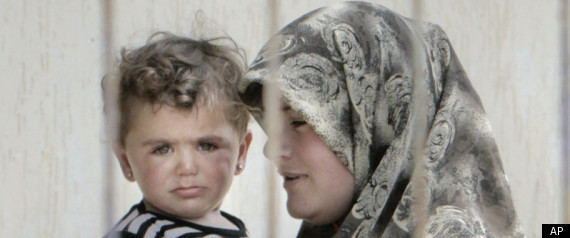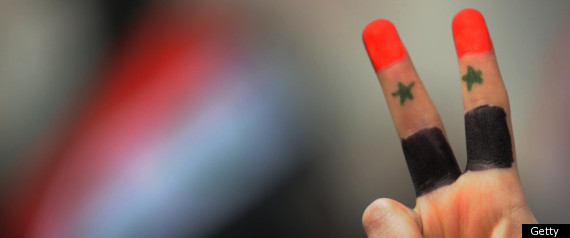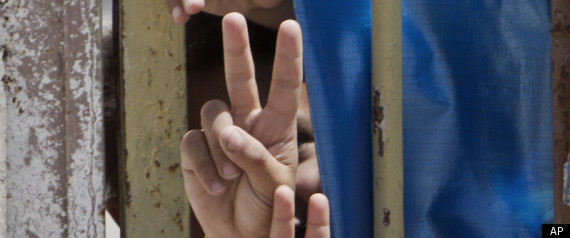- Dec 5, 2010
- 95,624
- 32,692
- 2,290
you forgot to mention those vicious 'spy sharks' israel sent to spy on the muslims, too!
this is what happens when a people marry their first cousins and first nieces. Yes, it is allowed to marry and produce children with one's brother's daughter in islam.
inbreeding is disgusting and destructive.
qft














